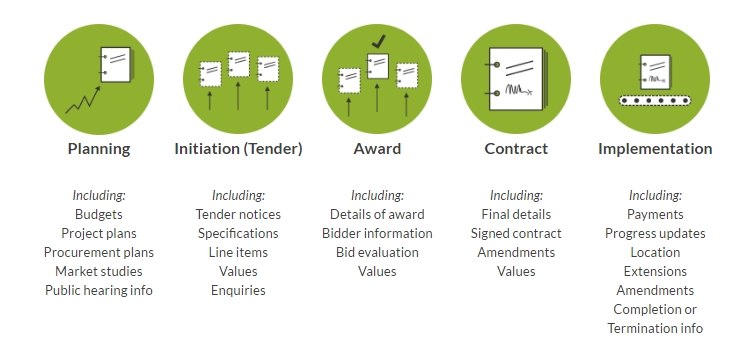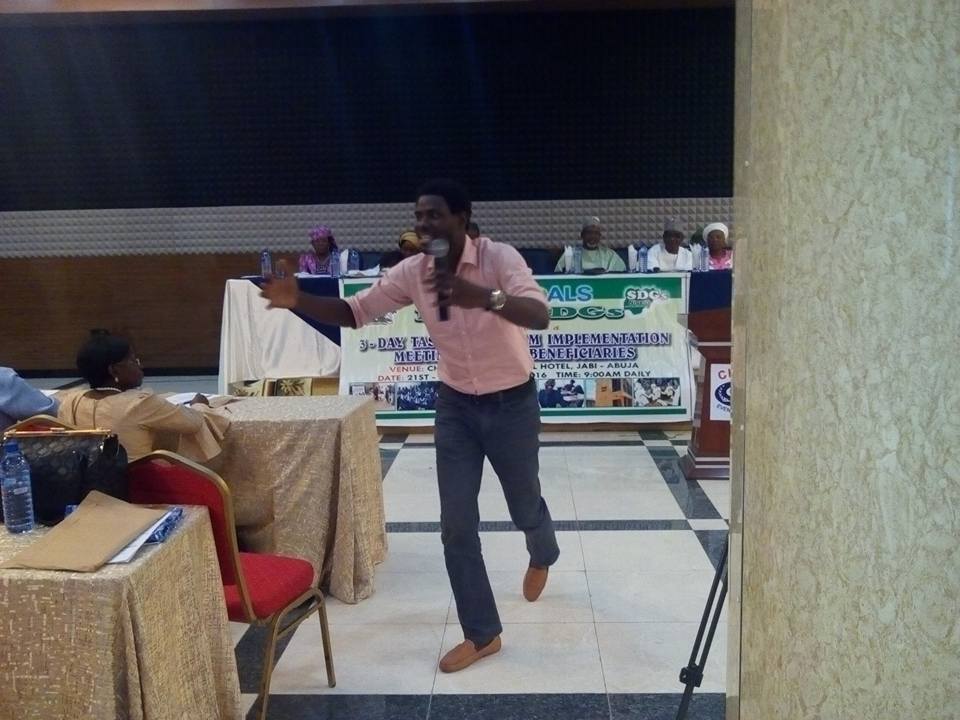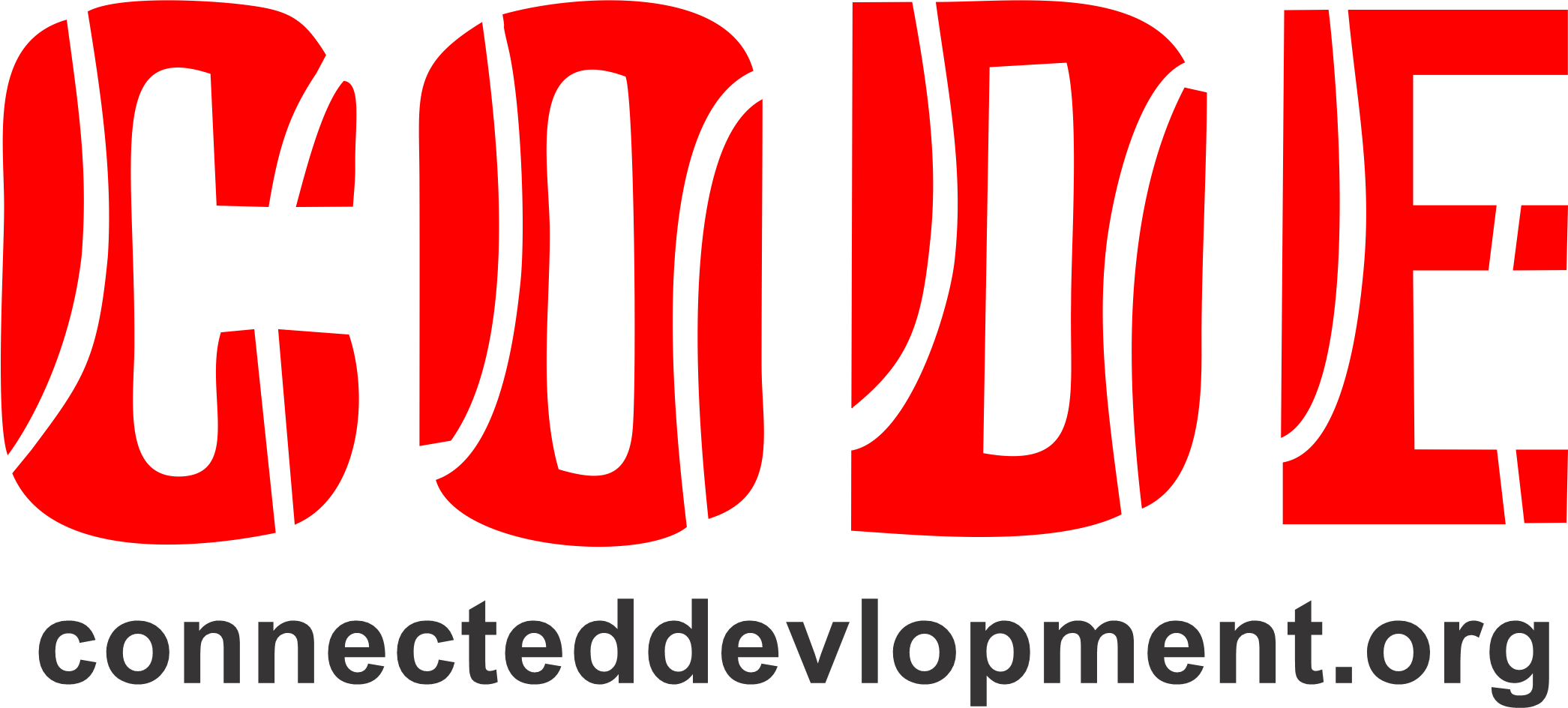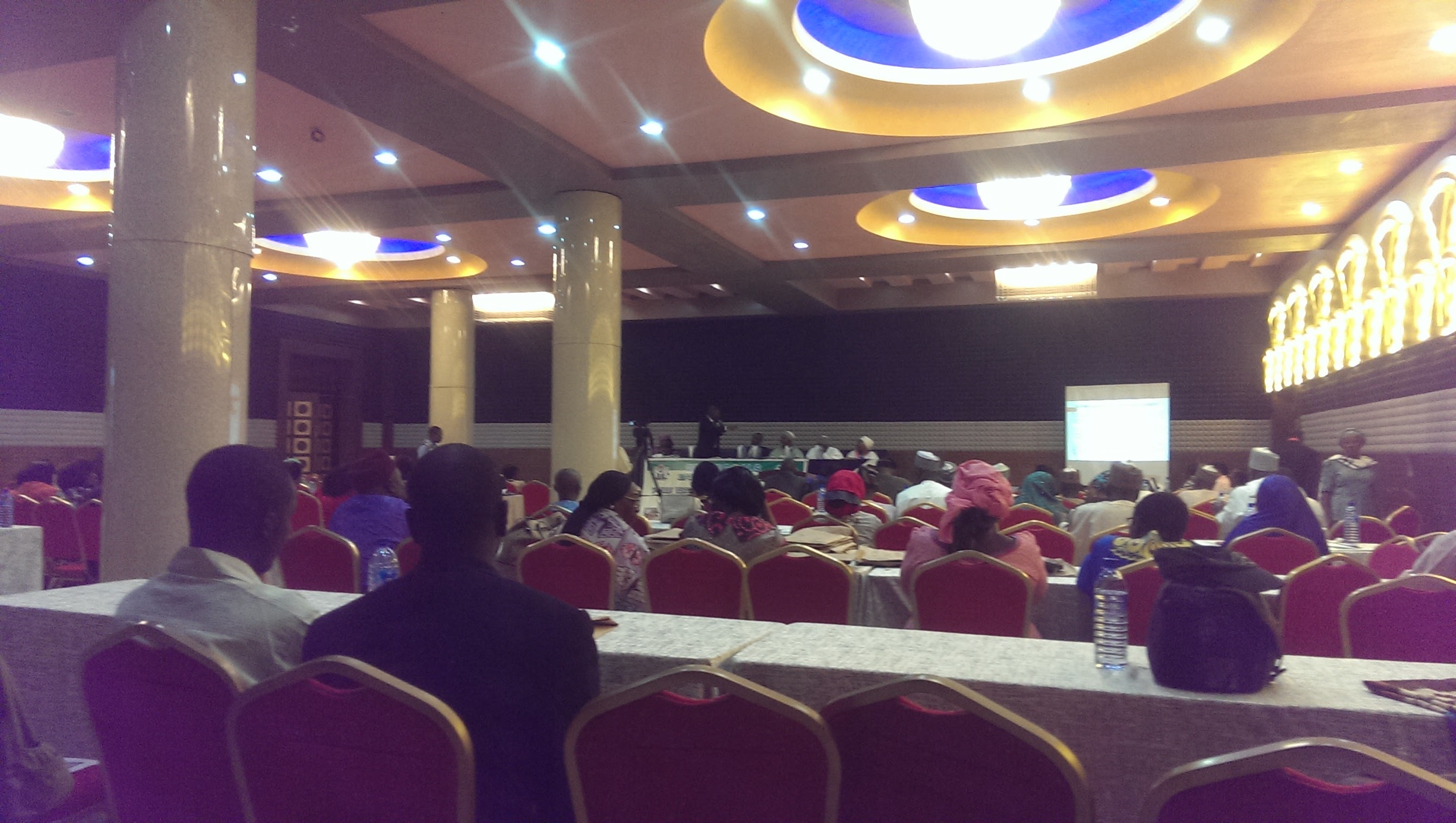Procurement Standards: Challenges Within the Nigeria Education Sector
“For most of the Millenium Development Goals project for education in Nigeria, that we monitored, we found out that a larger percentage of them have turned abandoned project, and the major reason was that there were problems at the procurement stage” said Mrs Hajia Liman, the deputy director at the Federal Ministry of Education, overseeing Sustainable Development Goal 4 (SDG4) projects in education.
Owing to the lessons learnt from the Millenium Development Goal project, they decided to organise a 3 – day workshop between September 21 -23 at the Chida Hotel in Abuja in which CODE’s Follow The Money team was invited to facilitate sessions on open contracting standards and tracking the SDG project on quality education (SDG4). Actually, I was amazed by the number of challenges the head of federal government secondary schools highlighted, especially during the procurement processes.

The open contracting standard processes as seen at http://standard.open-contracting.org/latest/en/getting_started/contracting_process/
Immediately Dr Hussain Adamu, of the procurement department finished his presentation, questions could not allow us to introduce our session, and I wonder, when last these head of unity schools, from the 36 states and FCT had time to discuss the procurement act, and standards they should follow. As stated in the Nigeria Public Procurement Act 2007, any institution embarking on projects must publish a call for bid in the Federal Tenders journal and in one other daily newspaper. Participants responded to this as – “We do not have budget and funds to advertise, so how do you want us to place adverts, even in the federal tenders journal, and at that, you even need to travel from my community down to Abuja to place the advert”. Oh my, God, I hope you aren’t dumfounded too! in this age of emails.
One challenge that was reiterated amongst the head of schools was how the inflation rate in the country is already affecting the budget that was appropriated. “For instance, If 10 million was appropriated for the construction of a library, and we send tender notices, and during bidding evaluation of all submitted bid, the average price quoted for the best and qualified contractors was at 15 million Naira, what do we do, even when only 7 million out of the money was released to us by the Ministry” asked one of the head of schools. It was a consensus at the workshop that this was the reality on ground with the 2016 budget already, and the response was that they should go ahead and agree in the contract document to pay the amount the school have at hand which is 7 million Naira, and later adding the balance of 8 million Naira to their proposed budget for 2017 as an ongoing project. So just in case, you will be analysing and tracking the 2017 budget, there are already issues to deal with.

Oludotun Babayemi using participatory approach to disseminating methodologies that can be used in tracking SDG4 expenditures
Tracking of government spending isn’t sexy at all! I remembered in 2014 when we were tracking funds meant to provide an industrial water borehole at Federal Government Girls College, Gusau, we only went to the school to ask the principal question and armed with our already made paper visualisation on funds that was meant to provide the water borehole for girls in the school. He was amazed by the knowledge we already had about the project. However, before he could grant us an audience, he asked severally if we had authority from the Federal Ministry of Education.” But we do not have to, we are citizens, and even with a secondary level of identification, anyone can ask for what and how is his/her tax is been spent” I affirmed to him. In the same vein, the Sustainable Development Goal (SDG) desk of the Federal Ministry of Education hopes to partner with our Follow The Money project in ensuring what happened to the MDGs wouldn’t occur again. At times, announcing such partnership is a delight, but one question still remains if the government can work at the pace we work – Something to look out for!

